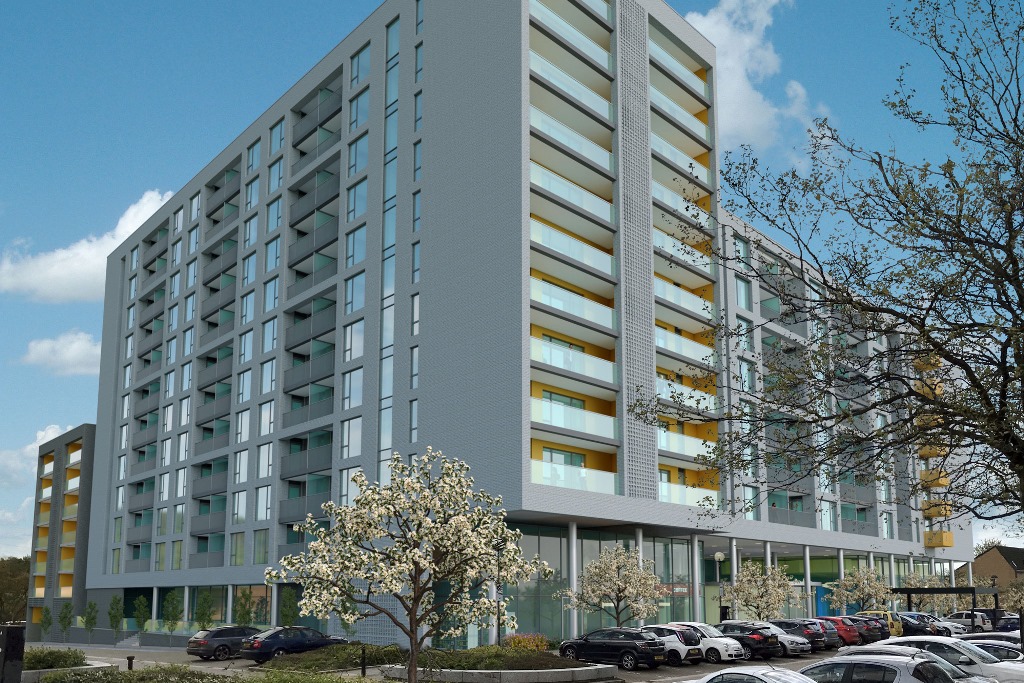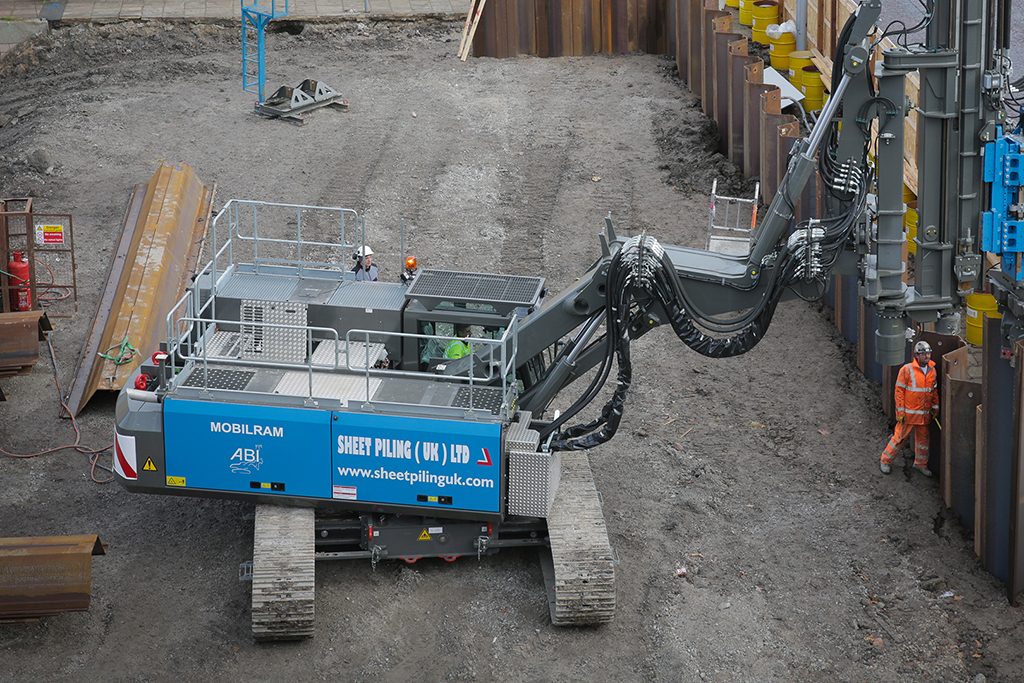After a long dispute, the Federal Council now wants to decide on changes to the catalog of fines. Core message: cyclists and pedestrians should be better protected.

Berlin / Bremen For traffic offenders like speeders, it will in all probability be significantly more expensive this year. This also applies to parking violations, for example. Cyclists and pedestrians should be better protected. After a long dispute between the federal government and the states the Federal Council wants decide on changes to the catalog of fines in the coming week, on October 8th. That is evident from the agenda. The lead transport committee recommends that the Federal Council approve the ordinance of the Federal Ministry of Transport. The chairman of the Conference of Transport Ministers (VMK), Bremen’s Senator Maike Schaefer (Greens), firmly expects approval. In this case the Federal Minister of Transport Andreas Scheuer (CSU) still sign the ordinance. According to the ordinance, the changes to the catalog of fines will come into force three weeks after the announcement – for “sufficient preparation for the practical implementation”.
be notified by email.
She praised the compromise found in April between the federal government and the federal states as a “real breakthrough”, in which they had agreed on party colors. Before that, there had been a long tussle. Due to a formal error, stricter rules for fines in the new road traffic regulations were suspended last year. Schaefer said Scheuer also played a constructive role. “It was a mutual give and take.” The Greens, who originally wanted stricter rules for driving license revocation, jumped over their shadows on this point. Scheuer was willing to compromise on the increase in fines.
These are the specific new regulations of the Catalog of fines:
- Motorists who generally stop or park their vehicle turn off, according to the catalog under the windshield wiper there will be a ticket of up to 55 euros instead of up to 15 euros as before.
- Anyone who drives 16 or 20 kilometers per hour (km / h) too fast in urban areas and flashes will soon pay 70 euros instead of 35. The faster, the more expensive: Drivers who speed through the city at about 91 km / h instead of the permitted 50 km / h pay 400 instead of 200 euros if they are caught, and so on.
- Anyone parking unauthorized in a parking space for the disabled must expect a fine of 55 instead of the previous 35 euros.
- Anyone who comes up with the idea of parking or a To obstruct the rescue vehicle, you must expect a fine of 100 euros.
- Brand new: Unauthorized parking in a parking lot for electrically powered vehicles and car sharing vehicles results in a warning fee of 55 euros.
- Anyone who does not form an emergency lane or even uses one to get around faster with the car must pay a fine e.g. between 200 and 320 euros and a month’s driving ban.
- Truck drivers who violate the newly introduced obligation to only drive the truck at walking pace when turning right in town will be charged 70 euros requested to checkout.
- The illegal use of sidewalks, cycle paths and hard shoulders by vehicles will be punished with a fine of up to 100 euros instead of up to 25 euros.
- Auto-Poser watch out: The fine for causing unnecessary noise and avoidable exhaust emissions as well as annoying useless driving back and forth will be increased from up to 20 euros to up to 100 euros.
From the point of view of the General German Bicycle Club (ADFC), the fines provided for stopping on protective lanes, for stopping and parking on cycle lanes and not keeping the walking speed of trucks turning right are the measures that can make the greatest contribution to accident prevention. Overall, the amendment was only a “triple step”, said ADFC spokeswoman Stephanie Krone. “The StVO continues to give privileges to the car and prevents municipalities from quickly redesigning the roads to make them bike-friendly.” That must change for reasons of climate protection and road safety. “Municipalities need the opportunity to create large areas of Tempo 30 and new protected cycle lanes on main roads without bureaucratic hurdles.” The new federal government must quickly reform the traffic law. “For this to work in the upcoming legislature, it has to start in the first 100 days,” said Krone. More: Bridges in danger: The renovation backlog continues
- dpa
Note: This article have been indexed to our site. We do not claim ownership or copyright of any of the content above. To see the article at original source Click Here













